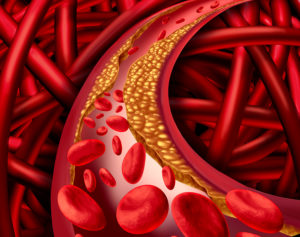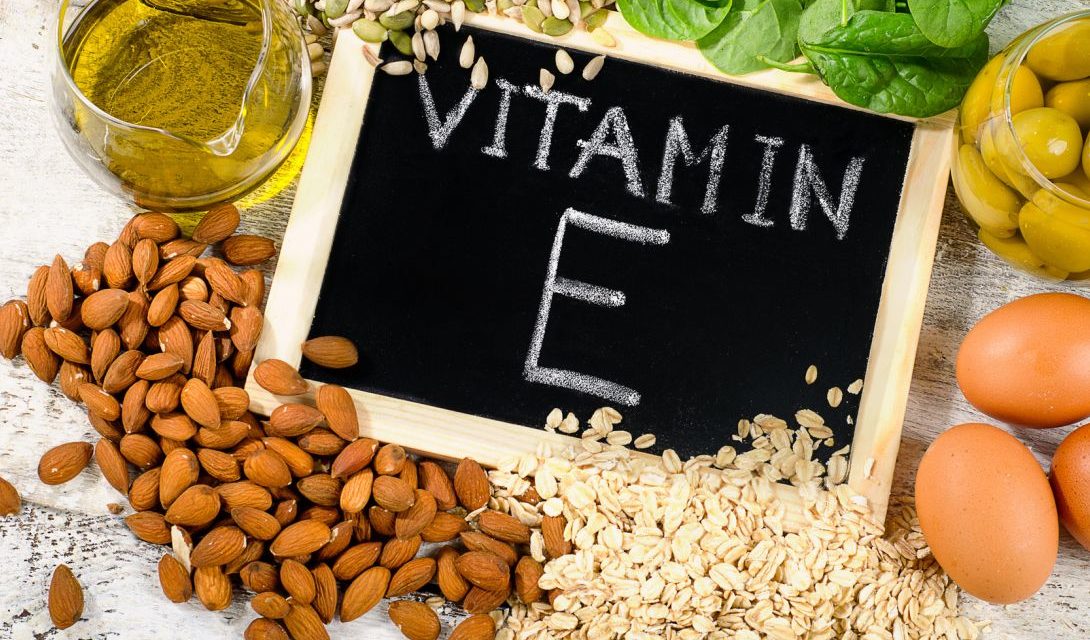Atherosclerotic Plaques and Antioxidants
Atherosclerotic plaques are formed long before the diagnosis of cardiovascular disease is made. Antioxidant vitamins protect against plaque formation, according to a study published in American Journal of Clinical Nutrition (August, 2002).

Atherosclerotic plaque causing coronary artery blockage
The subjects in the study were 307 women from southern Italy without history of cardiovascular disease. The women did not take supplements containing vitamins A, C, or E. They were given food intake questionnaires to determine their consumption of antioxidants. Blood samples were also taken to measure levels of antioxidants. The data concerning antioxidant status was compared to ultrasound examinations of the carotid arteries and the carotid bifurcations for atherosclerotic plaques.
Antioxidants are nutrients like vitamins A, C and E. They protect the body from oxidative stress. Oxidative stress is akin to a chemical “bullet” that does damage. Antioxidants are like chemical “bullet-proof vests”.
Atherosclerotic plaques were present in the carotid arteries of 66% of the women. The other 64% had no plaques. Low vitamin E intake was associated with the presence of plaque in the carotid arteries. Women with low vitamin E in their diets and low plasma concentrations of vitamin E were twice as likely to have athersclerotic plaques in the carotid arteries. Concentrations of vitamins A and C did not seem to be associated with the formation of plaques.






